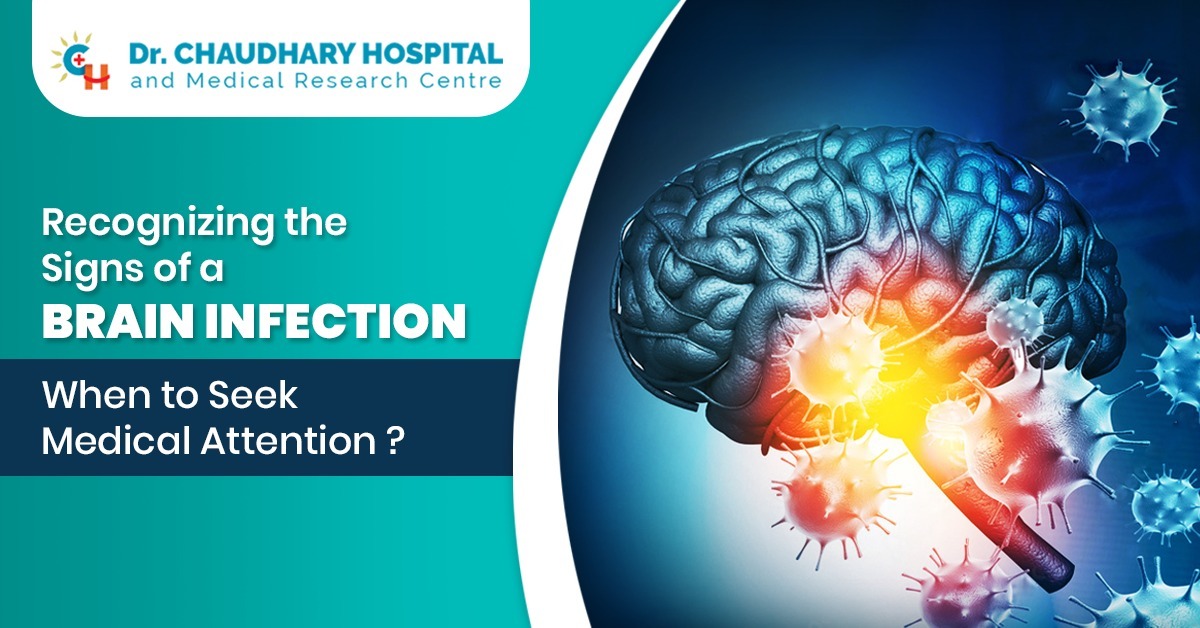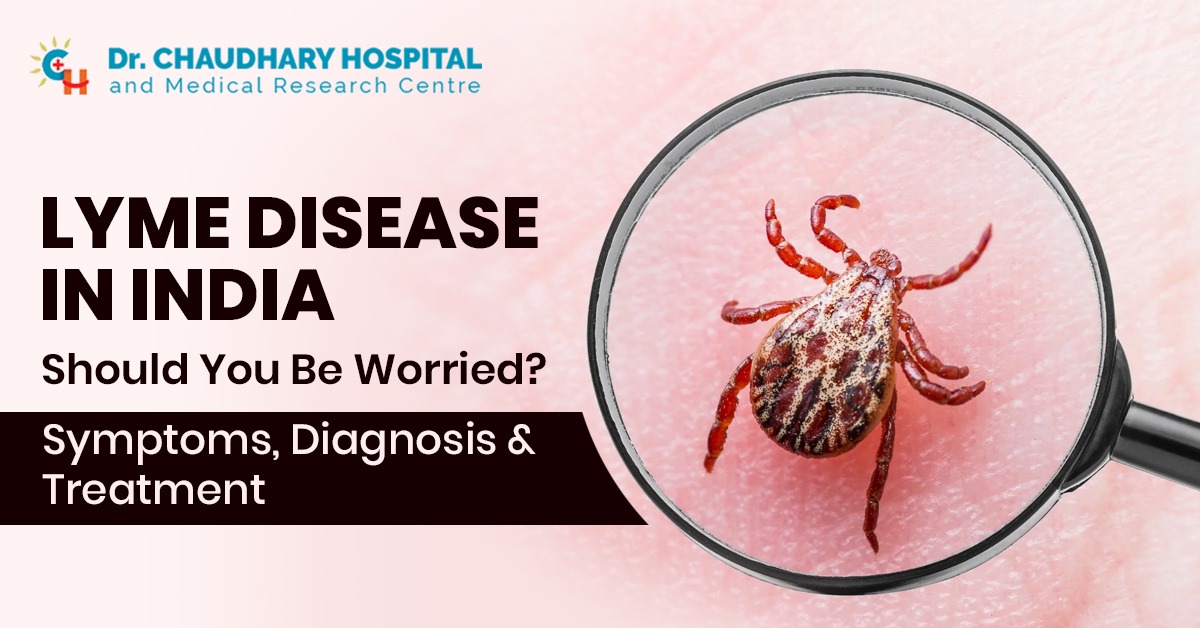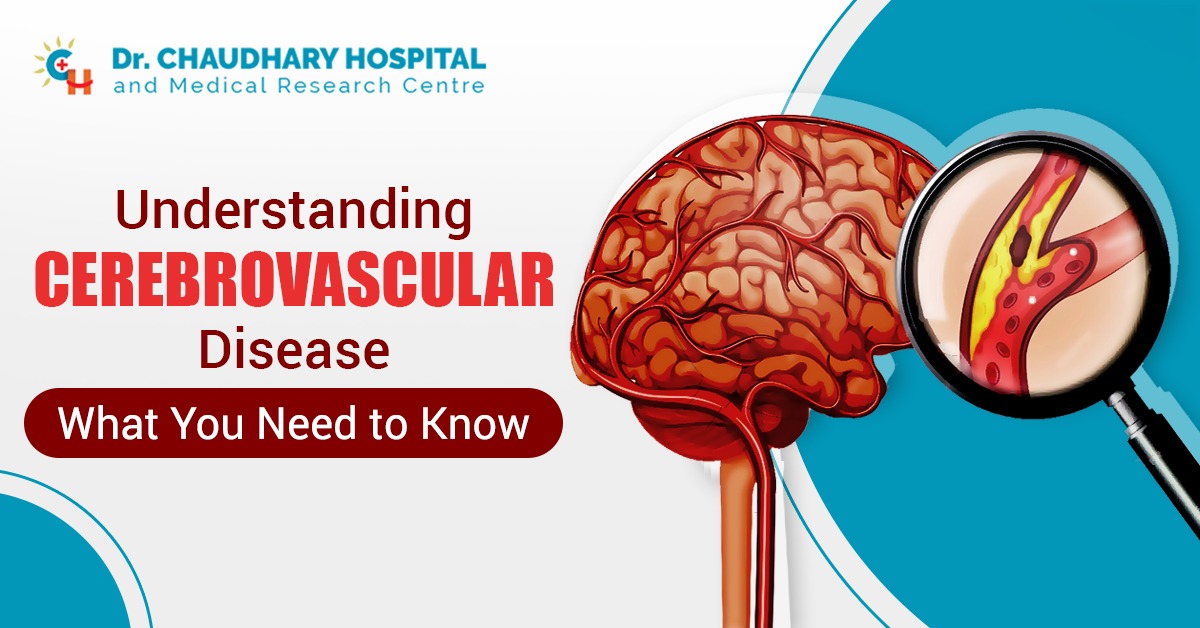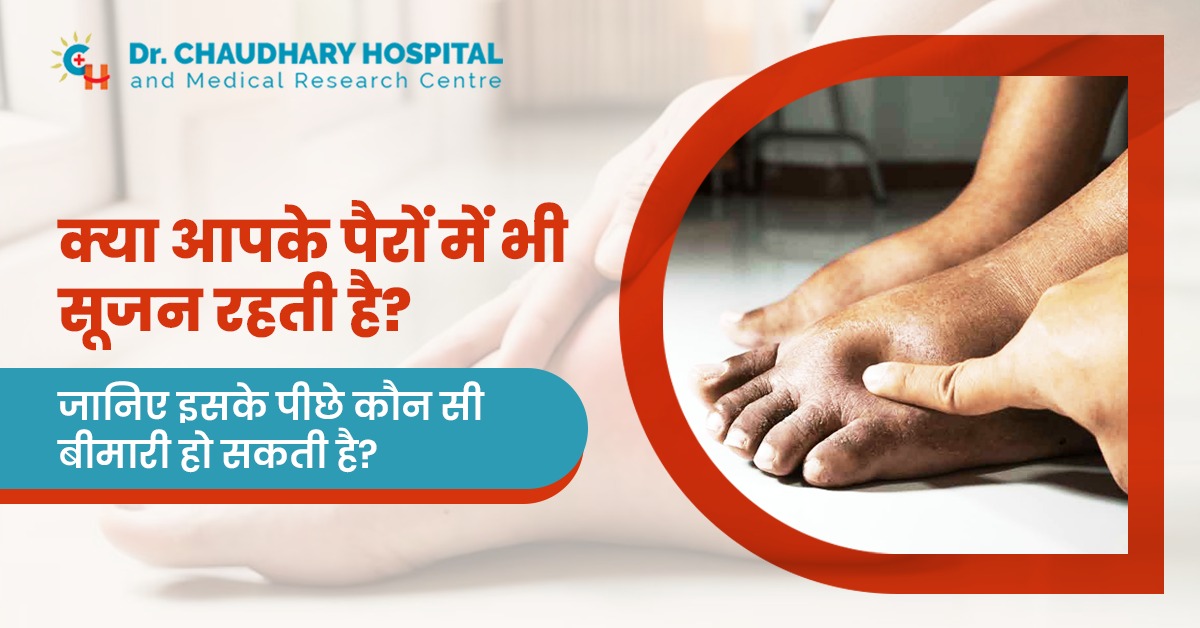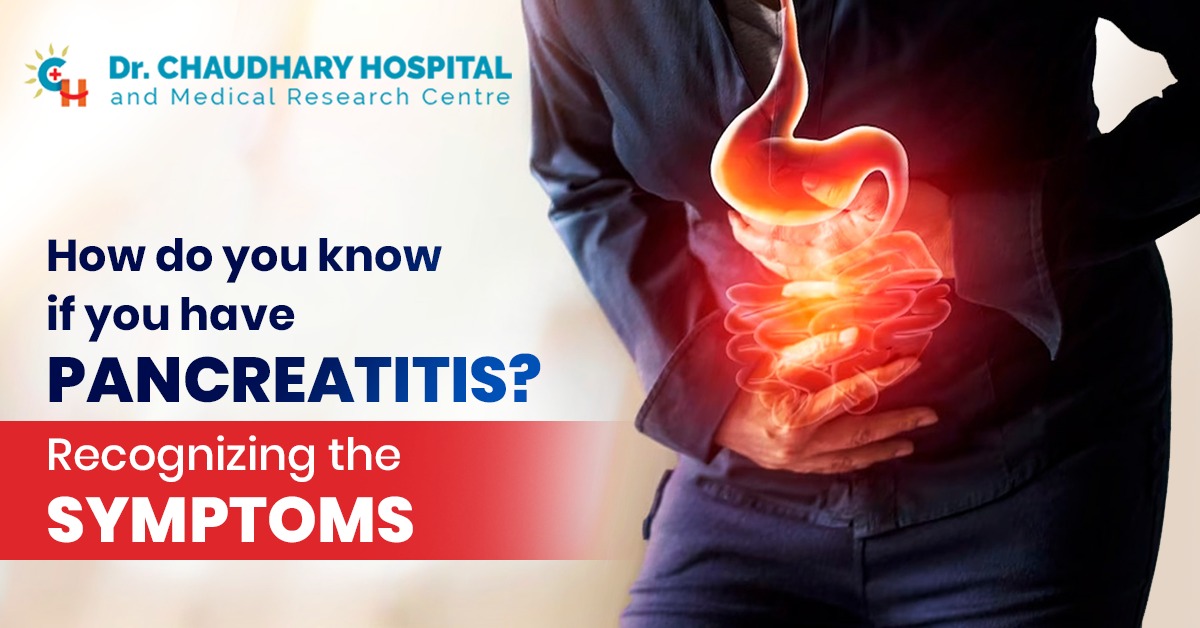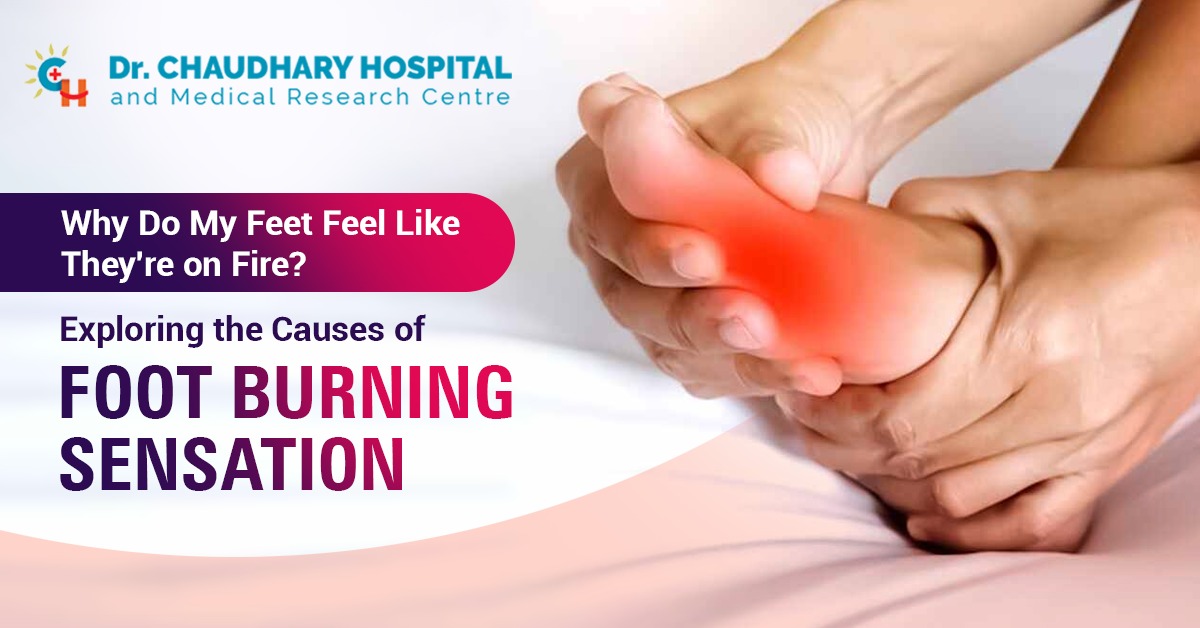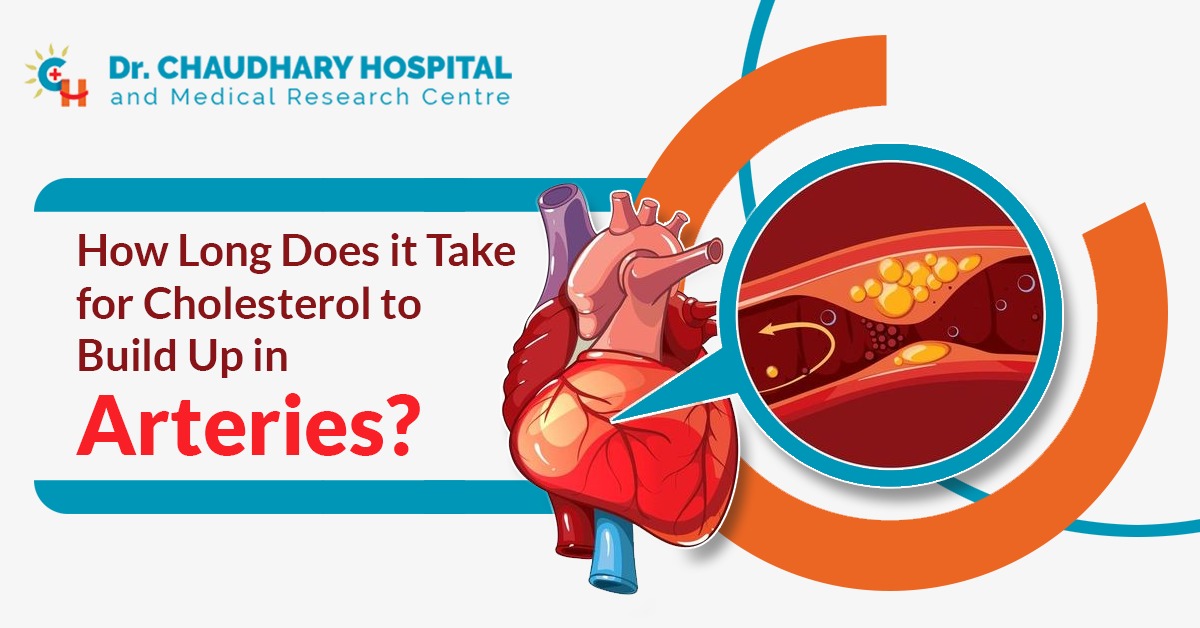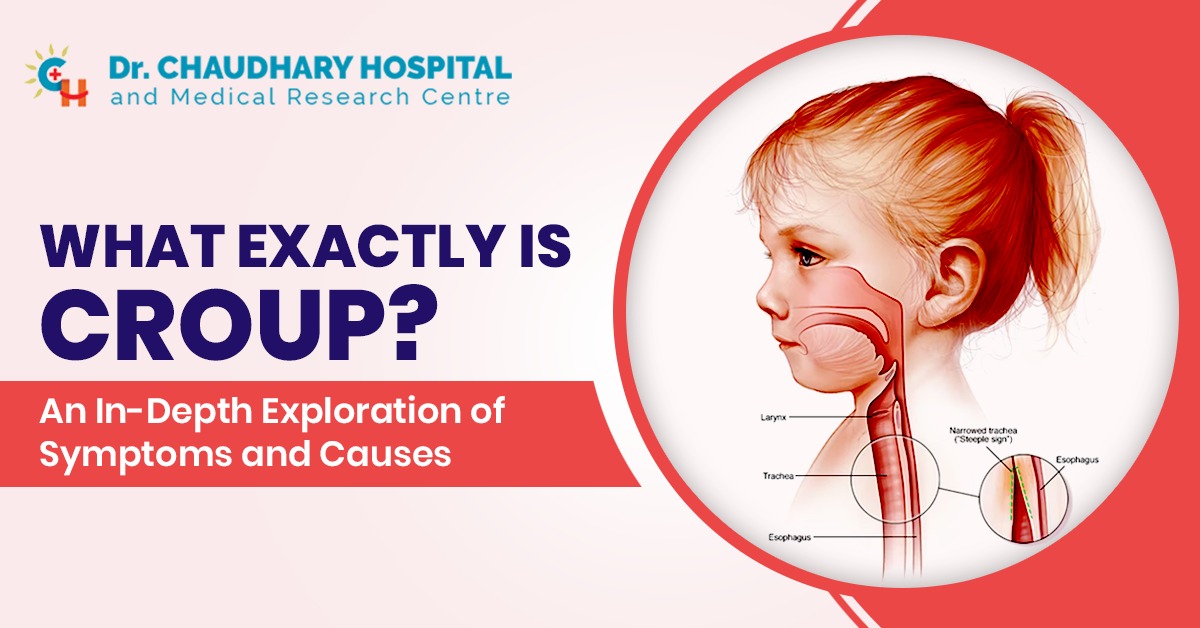Our brain, the command center of our body, is a delicate organ that requires protection and care. However, sometimes, despite our best efforts, infections can occur, posing serious risks to our health and well-being. Understanding the signs and symptoms of a brain infection is crucial for prompt medical intervention, which can make a significant difference in treatment outcomes and recovery.
What is Brain Infection?
A brain infection, also known as encephalitis or meningitis, occurs when harmful microorganisms such as bacteria, viruses, fungi, or parasites enter the brain tissue or the protective membranes surrounding the brain and spinal cord. These infections can lead to inflammation, which may cause a range of symptoms and potentially life-threatening problems if left untreated.
A brain infection can be caused by a virus, bacteria, fungus, or parasite. Other areas of the central nervous system (CNS), such as the spinal cord, may be affected by the illness. Most brain infections are easy to recover from. However, some brain infections can be dangerous and even fatal.
What are the Symptoms of Brain Infection?
- Headache.
- Fever.
- Aches in muscles or joints.
- Fatigue or weakness.
Sometimes, these symptoms are followed by more typical symptoms like:
- Stiff neck.
- Confusion, agitation, or hallucinations.
- Seizures.
- Loss of sensation or being unable to move certain areas of the face or body.
- Irregular movements.
- Muscle weakness.
- Problems with speech or hearing.
- Loss of consciousness, including coma.
- Weakness or paralysis
When to Seek Medical Attention?
Quick medical attention is essential when experiencing symptoms that could indicate a brain infection. If you or someone you know exhibits any of the following signs, it is crucial to seek immediate medical help:
- Severe Headache – Especially if it is sudden, intense, and unlike any headache experienced before.
- Fever with Neurological Symptoms – Fever is accompanied by confusion, seizures, stiff neck, or other neurological symptoms.
- Altered Mental Status – Confusion, disorientation, or changes in behavior.
- Severe Nausea and Vomiting – Especially if it is persistent and not relieved by over-the-counter medications.
- Stiff Neck – Difficulty bending the neck forward, which may indicate inflammation of the membranes surrounding the brain.
- Seizures – Any unexplained seizure activity warrants urgent medical attention.
- Weakness or Paralysis – Sudden weakness or paralysis, especially if it affects one side of the body.
What are the Risk Factors Associated with Brain Infection?
Anyone can develop encephalitis. Factors that may increase the risk include:
- Age – Some types of encephalitis are more common or more-severe in certain age groups. In general, young children and older adults are at greater risk of most types of viral encephalitis. Similarly, some forms of autoimmune encephalitis are more common in children and young adults, whereas others are more common in older adults.
- Weakened immune system – People who have HIV/AIDS, take immune-suppressing medicines or have another condition causing a weakened immune system are at increased risk of encephalitis.
- Geographical regions – Mosquito- or tick-borne viruses are common in particular geographical regions.
- Seasonal causes – Mosquito- and tick-borne diseases tend to be more common in summer in many areas of the United States.
- Autoimmune disease – People who already have an autoimmune condition may be more prone to develop autoimmune encephalitis.
- Smoking – Smoking increases the chances of developing lung cancer, which in turn increases the risk of developing paraneoplastic autoimmune encephalitis.
How Can You Prevent it?
While some brain infections may occur despite preventive measures, there are steps you can take to reduce the risk:
- Vaccinations – Ensure that you and your family are up-to-date on vaccinations, including those for diseases such as influenza, measles, mumps, and bacterial meningitis.
- Practice Good Hygiene – Wash your hands frequently with soap and water, especially after coughing, sneezing, or touching surfaces in public places.
- Avoid Close Contact – Limit close contact with individuals who are sick, especially if they have symptoms of respiratory or neurological illness.
- Protective Measures – Use insect repellent to prevent insect bites, as some infections are transmitted by mosquitoes and ticks.
Conclusion:
Recognizing the signs of a brain infection and knowing when to seek medical attention can be lifesaving. If you or someone you know experiences symptoms such as severe headache, fever, confusion, seizures, or stiffness of the neck, do not hesitate to seek immediate medical care. Timely intervention is crucial for accurate diagnosis and effective treatment, which can significantly improve outcomes and reduce the risk of complications associated with brain infections. Stay vigilant, stay informed, and prioritize your brain health.

